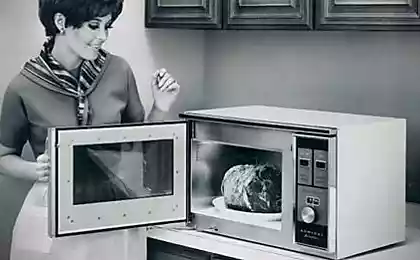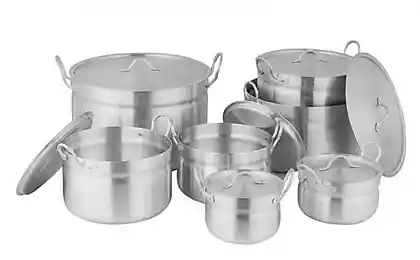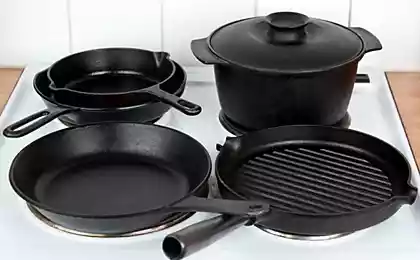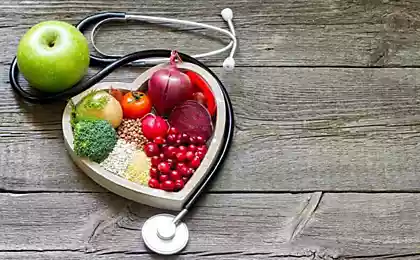245
What is the risk of heating food in the microwave
Surprisingly, microwave It still raises questions and contradictions. The indispensable kitchen horse has been on the market for over 70 years. There is hardly anyone who has never used it.

However, for all its existence, the microwave has managed to acquire many myths. And they are primarily related to the Is it safe to use it?. Today's edition. "Site" He will try to understand all the exciting things about it.
The first thing that is doubtful is the microwave. nutrient loss during microwave cooking. There is no clear answer to this question. This depends primarily on the preparation time and the product itself.
For example, one study found that broccoli can lose up to 97% of flavonoids. These are special substances that have antimicrobial and antioxidant properties.

However, another experiment proved that during rapid cooking, nutrients are not lost. Moreover, the microwave can not only preserve, but even increase the number of flavonoids. It also depends on the amount of water in which the vegetable is prepared.
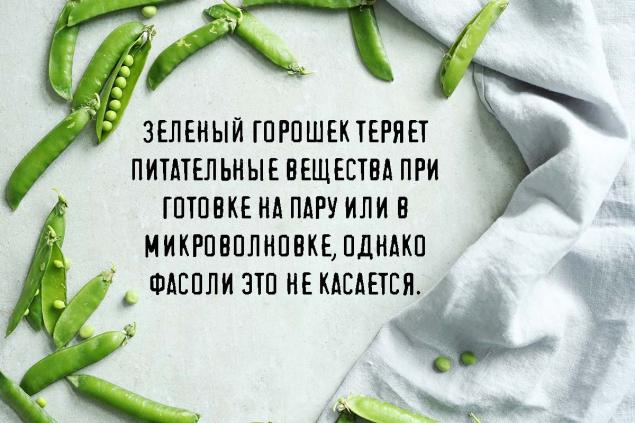
© Freepik Researcher Xiang Li Wu says you need to know the exact cooking time for each product. For example, moderately heating specific vegetables, you, on the contrary, increase the number of their useful properties.
What's going on with plastic? The next important point is heating. Buy a ready-made packaged dish and quickly send it to the microwave - such a classic of the genre! However, experts do not recommend this, and here is why.
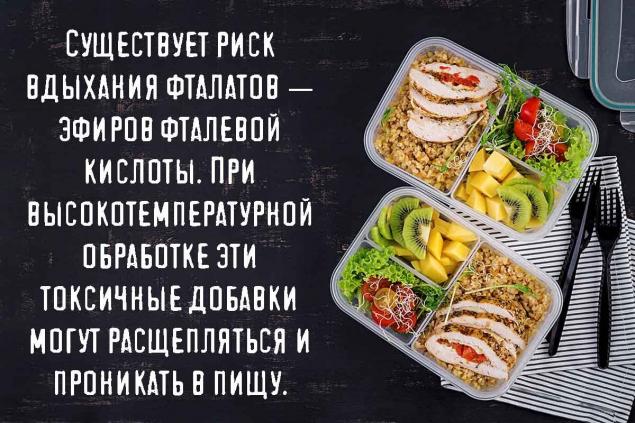
© Freepik Professor Jumin Tan says that some types of plastic are not suitable for heating. 9 years ago, scientists conducted a study on this topic. Most plastic containers release chemicals when they are heated. And this can affect the well-being of a person.
To make plastic more flexible, phthalates are added. And here with them everything is not as rosy as I would like. Once in the body, they can disrupt its work, and in the worst case - lead to a number of serious diseases.

© Freepik If you want to protect yourself and loved ones, heat your food in ceramic dishes. But if you need to buy a dish in a container, check the labeling on it. The letters "V" or "PVC" and the number 3 indicate that the plastic contains these phthalates.
What about the temperature? Experts do not recommend using a microwave for cooking. Food is heated unevenly And in some places it can remain half-raw. The main job of the microwave is to heat the already prepared food.
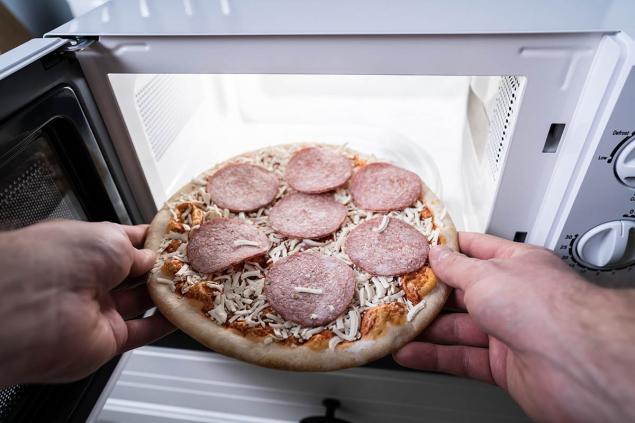
However, with normal heating, everything is not so simple. Ideally, food can be heated only 1 time. With each new attempt, it will be more difficult for you to get rid of harmful bacteria formed in the products.
Earlier there was a lot of talk about the fact that radiation in the microwave harms a person. But that's not true. And the myth was debunked for a long time. Low-frequency electromagnetic radiation is involved. To make it clearer, the same thing is used in radio or light bulbs. When foods are in the microwave, they simply absorb microwaves. And they don't go beyond the device.
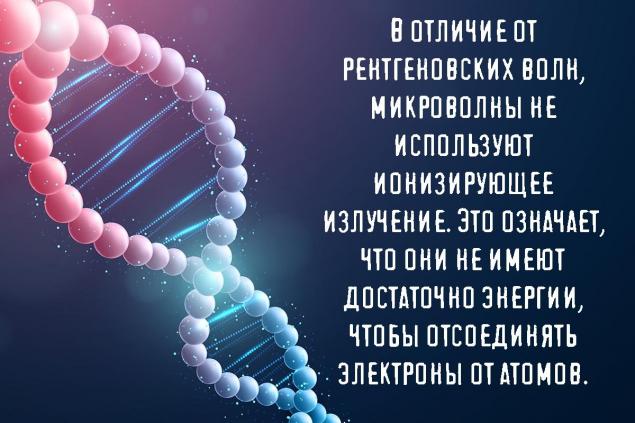
In other words, microwave radiation will not affect the integrity of chemical bonds in the body. And it certainly won't damage DNA. You don't have to worry about that. And here are the notes about heating plastic be sure to take into service! Why risk it again?
How often do you use a microwave in your daily life? By the way, if you do it on a permanent basis, you probably need a smart guide on how to clean the device from contamination. We are happy to share it with you!

However, for all its existence, the microwave has managed to acquire many myths. And they are primarily related to the Is it safe to use it?. Today's edition. "Site" He will try to understand all the exciting things about it.
The first thing that is doubtful is the microwave. nutrient loss during microwave cooking. There is no clear answer to this question. This depends primarily on the preparation time and the product itself.
For example, one study found that broccoli can lose up to 97% of flavonoids. These are special substances that have antimicrobial and antioxidant properties.

However, another experiment proved that during rapid cooking, nutrients are not lost. Moreover, the microwave can not only preserve, but even increase the number of flavonoids. It also depends on the amount of water in which the vegetable is prepared.

© Freepik Researcher Xiang Li Wu says you need to know the exact cooking time for each product. For example, moderately heating specific vegetables, you, on the contrary, increase the number of their useful properties.
What's going on with plastic? The next important point is heating. Buy a ready-made packaged dish and quickly send it to the microwave - such a classic of the genre! However, experts do not recommend this, and here is why.

© Freepik Professor Jumin Tan says that some types of plastic are not suitable for heating. 9 years ago, scientists conducted a study on this topic. Most plastic containers release chemicals when they are heated. And this can affect the well-being of a person.
To make plastic more flexible, phthalates are added. And here with them everything is not as rosy as I would like. Once in the body, they can disrupt its work, and in the worst case - lead to a number of serious diseases.

© Freepik If you want to protect yourself and loved ones, heat your food in ceramic dishes. But if you need to buy a dish in a container, check the labeling on it. The letters "V" or "PVC" and the number 3 indicate that the plastic contains these phthalates.
What about the temperature? Experts do not recommend using a microwave for cooking. Food is heated unevenly And in some places it can remain half-raw. The main job of the microwave is to heat the already prepared food.

However, with normal heating, everything is not so simple. Ideally, food can be heated only 1 time. With each new attempt, it will be more difficult for you to get rid of harmful bacteria formed in the products.
Earlier there was a lot of talk about the fact that radiation in the microwave harms a person. But that's not true. And the myth was debunked for a long time. Low-frequency electromagnetic radiation is involved. To make it clearer, the same thing is used in radio or light bulbs. When foods are in the microwave, they simply absorb microwaves. And they don't go beyond the device.

In other words, microwave radiation will not affect the integrity of chemical bonds in the body. And it certainly won't damage DNA. You don't have to worry about that. And here are the notes about heating plastic be sure to take into service! Why risk it again?
How often do you use a microwave in your daily life? By the way, if you do it on a permanent basis, you probably need a smart guide on how to clean the device from contamination. We are happy to share it with you!
Test of American psychologists to determine the level of dissatisfaction with life
New predictions of Blessed Mother Matrona and how to ask her for help




